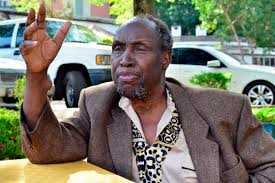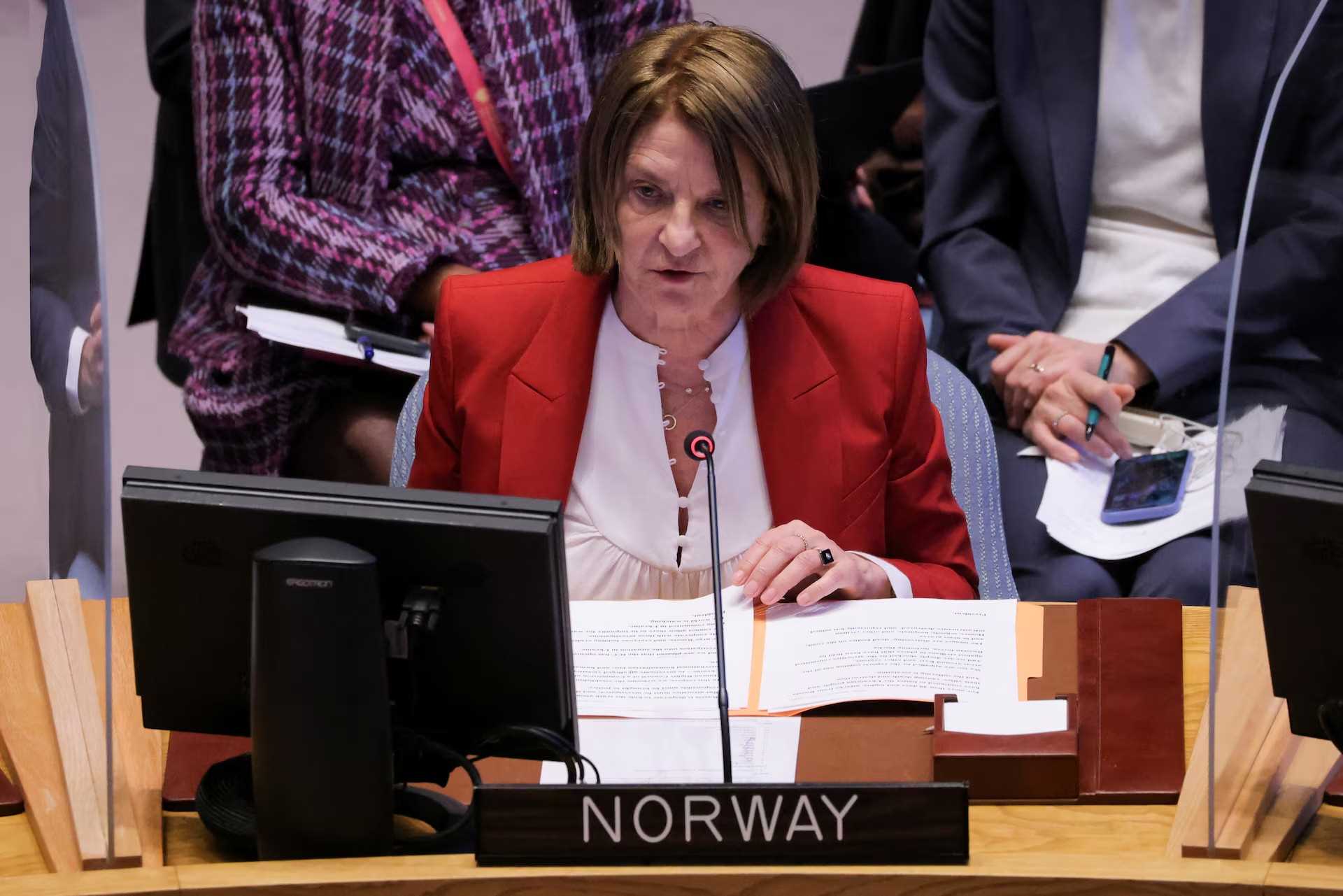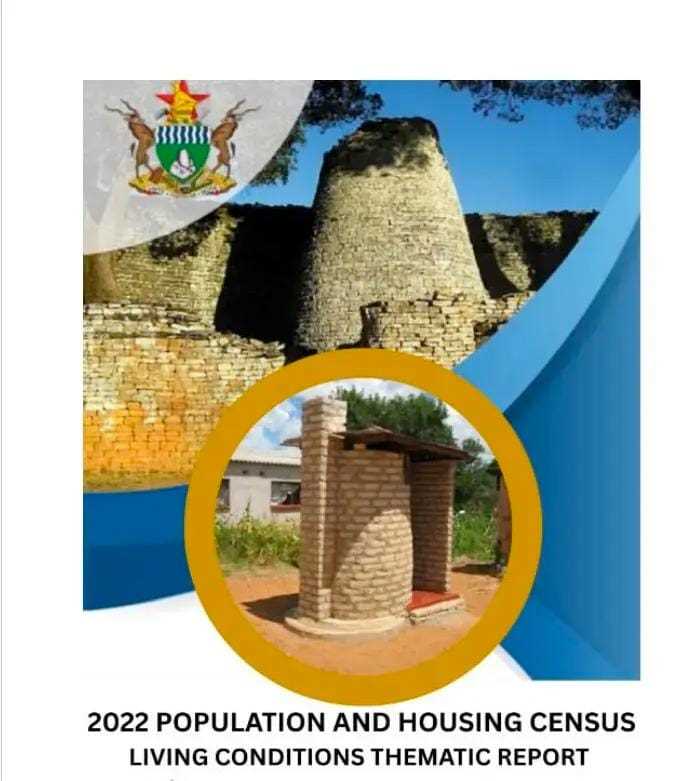
Gilbert Munetsi - Zim Now Writer
Kenya and the world of letters are mourning the loss of a literary colossus. Ngũgĩ wa Thiong’o, the internationally acclaimed author, scholar, and champion of African languages, has passed away at the age of 87.
His family confirmed that Ngũgĩ died on Wednesday morning in the United States, where he had been living in recent years. The announcement was made by his daughter, Wanjiku wa Ngũgĩ, in a heartfelt social media post.
“It is with a heavy heart that we announce the passing of our dad, Ngũgĩ wa Thiong'o this Wednesday morning, 28th May 2025,” she wrote. “He lived a full life, fought a good fight. As was his last wish, let's celebrate his life and his work. Rîa ratha na rîa thŭa. Tŭrî aira!”
A family spokesperson, Nducu wa Ngũgĩ, said further details regarding memorial arrangements and celebrations of his life will be announced in due course.
Born on January 5, 1938, in Kamiriithu village near Limuru in Kenya’s Kiambu County, Ngũgĩ rose from humble beginnings to become one of Africa’s most influential writers and intellectuals. His groundbreaking novels, including Weep Not, Child (1964), The River Between (1965), and A Grain of Wheat (1967), reshaped African literature by centering Kenyan history, identity, and resistance in the wake of British colonial rule.
His later works such as Petals of Blood (1977) and Wizard of the Crow (2006) deepened his reputation as a powerful critic of political oppression and economic injustice.
Ngũgĩ’s commitment to writing in Gikuyu—a bold political and cultural statement—set him apart in literary circles. His 1977 play Ngaahika Ndeenda (I Will Marry When I Want), co-authored with fellow activist Ngũgĩ wa Mirii, led to his arrest and detention without trial by the Kenyan government. Undeterred, he wrote his next novel Devil on the Cross on toilet paper while in prison—his first novel in his mother tongue.
Related Stories
After his release, he went into self-imposed exile, eventually settling in the United States, where he held academic positions at several institutions, including the University of California, Irvine, where he was Distinguished Professor of English and Comparative Literature.
Throughout his career, Ngũgĩ remained an unyielding advocate for linguistic decolonization and cultural liberation. His final nonfiction work, Decolonizing Language and Other Revolutionary Ideas, published earlier this year, reflected nearly two decades of his essays and poems exploring themes of language, education, and figures such as Nelson Mandela and Chinua Achebe.
His last major fictional publication was Kenda Muiyuru (The Perfect Nine), a Gikuyu-language epic that was longlisted for the 2021 International Booker Prize—another milestone in a storied career that spanned over six decades.
Ngũgĩ wa Thiong’o is survived by his children and grandchildren, many of whom have carried on his legacy as writers, thinkers, and human rights advocates.
He leaves behind a towering body of work and a resolute call for Africans to reclaim their languages, cultures, and histories.
As Kenya and the literary world bid farewell, one thing is certain: Ngũgĩ wa Thiong’o’s words will continue to resonate for generations to come.




















Leave Comments